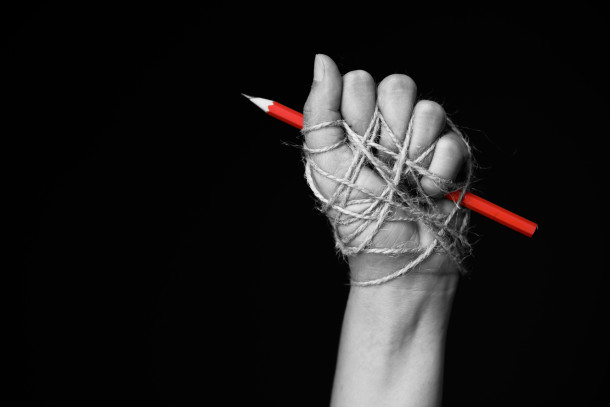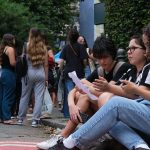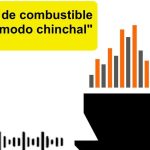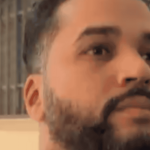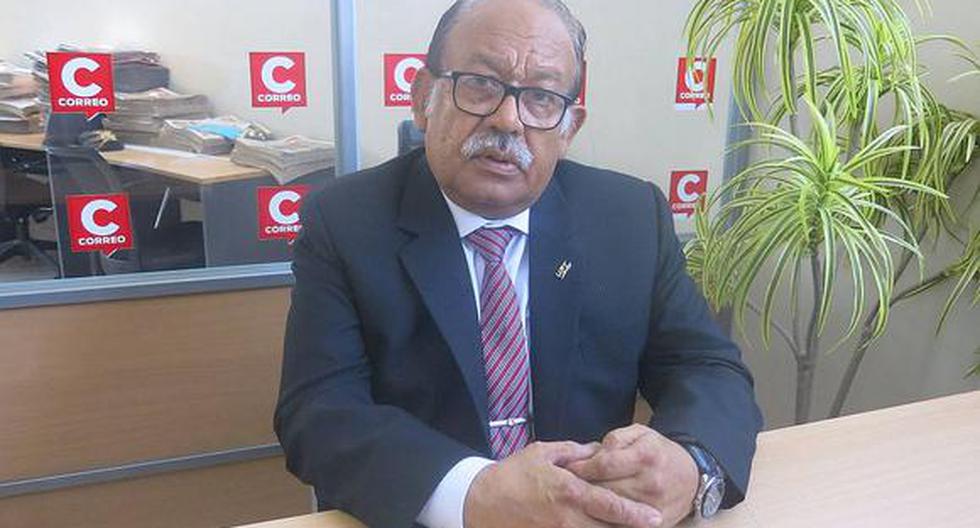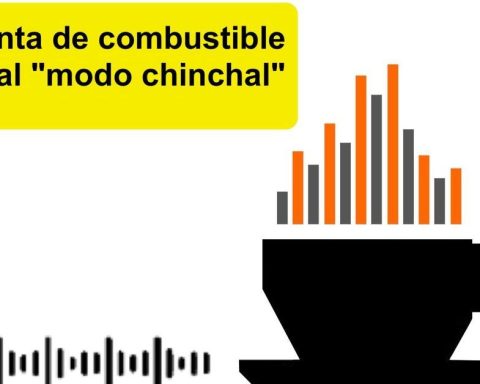Every May 3, the proclamation of the fundamental principles of press freedom is celebrated worldwide. The Paraguayan National Constitution guarantees it, as well as the dissemination of thought and opinion, without any censorship.
This sacred article of the National Constitution is a fundamental pillar to strengthen democracy in Paraguay, and more than ever should serve journalists to continue questioning, asking uncomfortable questions to the powerful and untouchable; politicians, drug traffickers, smugglers and denounce them.
UNESCO commemorates this date every year paying tribute to the many journalists who are around the world. This year, Uruguay was chosen as the host country, where hundreds of journalists from around the globe gather to reflect and analyze the current situation of press freedom in different parts of the planet.
In this sense, at the beginning of the 2022 World Press Freedom Day conference being held in Uruguay, UNESCO yesterday awarded the UNESCO/Guillermo Cano 2022 Press Freedom Prize to the Association of Journalists of Belarus. The award is a recognition and support for the journalists of the organization that was dissolved in 2021 by the Supreme Court of Belarus, at the request of the Ministry of Justice of that country.
According to UNESCO data, in 2021 alone, 55 journalists and media workers were murdered worldwide, thus paying the ultimate price for bringing the truth to light.
How is Paraguay doing in terms of freedom of the press and violence against journalists?
In Paraguay, the observatory of the Table for the Safety of Journalists recorded more than 300 acts of violence perpetrated against 408 victims of social communicators and journalists over a period of 30 years. The categorized events are: murders, assaults and attacks, forced disappearances, arbitrary detentions, civil and criminal proceedings, sexual harassment, kidnappings, torture, censorship, attacks, espionage against journalists, threats and attempted murder and kidnapping.
There are also numerous other attempts to violate this right, the best known was the draft law of deputy Edgar Ortiz who tried to censor questions of politicians on social networks.
Despite the alarming figures of murders, threats and harassment of which journalists in Paraguay are victims for fighting for the truth, the threat that democracy suffers when journalists stop questioning the powerful is also alarming.
